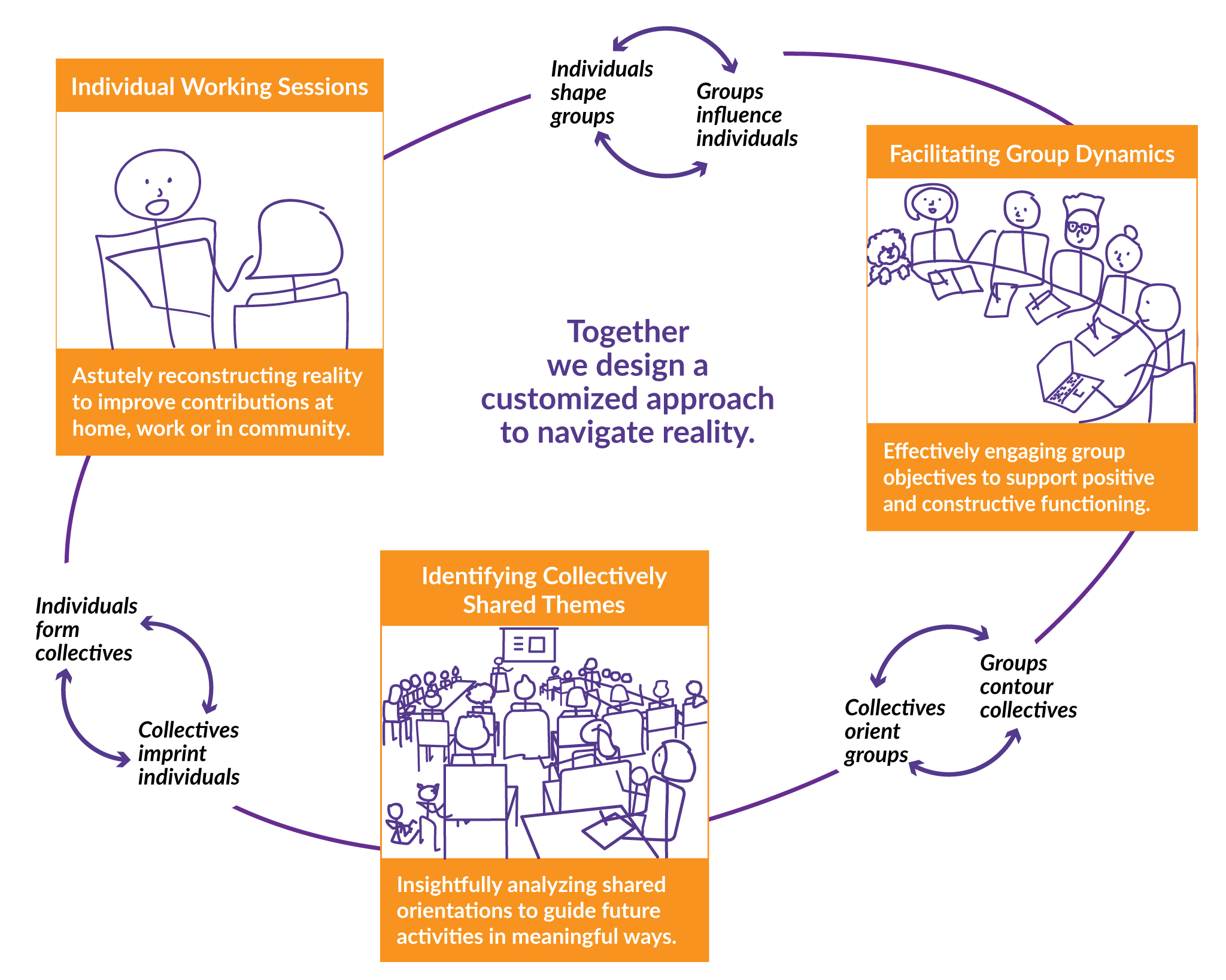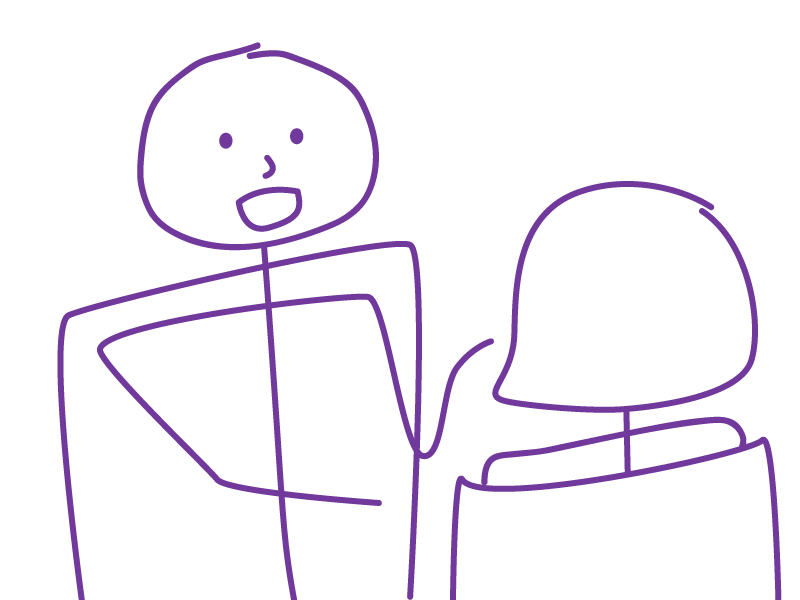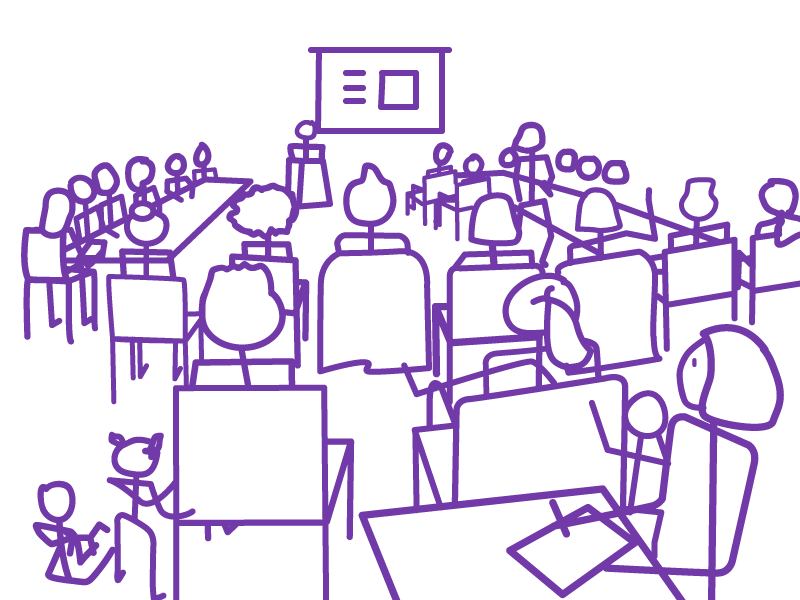Our sense of well-being is often influenced by the quality of our relationships. Whether this occurs within ourselves as individuals, in smaller or larger group settings, or as a member within one group joining together with other groups, we are constantly seeking to navigate the reality before us. How we understand ourselves in relation to others can serve as a starting place for making sense of situations. This allows us to explore and contemplate what we observe, how we feel and what we do, shaping the usefulness of our perspective. The conceptual framework we create and rely upon when navigating reality can offer more, or less, adaptive flexibility and creativity, whether within ourselves, with family or friends, when working with others or through our community involvements.

-
How does Navigating Reality support a Preventative Approach to Well-Being?
Making sense of our experiences and increasing our resilience is a learned skill. The more skillful we become, the greater our scope of understanding and the more resiliently creative we can be. We spend a lot of time trying to make sense of the experiences we have. Sometimes, we can easily interpret situations while other times, this journey requires us to design ourselves a story, then see if we are realistically accurate.
This technique is what I call “navigating reality.” By improving our ability to conceptualize and navigate through reality in meaningfully accurate ways, we increase our own sense of well-being, too.
-
How does this work?
By understanding tendencies, patterns and anomalies, we work towards integrating what we understand and identify the missing pieces, so what was a puzzle can make sense. This facilitates insightful learning and enhances confidence as we track the outcomes of decisions and subsequent activity.
Sometimes, this can be done through independent study (more will become available in the Learning Tools section), or a customized approach by working directly with me. Oftentimes, two to three consultations can see you on your way. Other times, more consistent interaction and activity over time can prove more useful, for studied and sustained enhancement.
-
How can this help me or us?
Whether interacting with family or friends, colleagues at work or in behalf of supporting community, we both influence and are influenced by our surrounding environments. Familiar patterns of experience often occur across and within these different settings. For this reason, sharing your observations and thoughts can help build a more useful conceptual perspective.
Working together we employ reflective thinking, whereby perspectives, ideas and future actions become more integrated, thoughtful and intentional. Together, we find more meaningful and constructive ways to approach situations by identifying important values and meaningful insights. Through the process of reality-checking and follow-up reconstructions, our adaptive navigational abilities become an authentically acquired skill set to employ across multiple endeavors.
-
Everything is fine, how could I or we benefit?
This is perfect timing! Change comes to all of us and what an ideal moment to engage in more learning and skill building, when life is meaningfully stable!
At this time, situations and events can be more easily viewed from a learning perspective, and in behalf of improving our ability to facilitate the best in others, as well as ourselves. Rather than wait until the stress of life becomes too intense, or when faced with a crisis, investing now (in yourself or as a group) can become a preventative approach to meaningful living. When our lives are stable, we are more able to engage the smaller details with clarity and objective openness.
By investing in improvements now, situations can be approached with more thoughtful confidence than is often possible when unexpected stress arises, as happens with all of us at different times, throughout our life cycle.

Individual Skill Building
Seeking to improve individual skills to make sense of people and situations.
“After our first discussion, I didn’t have trouble falling asleep at night anymore. I could make sense about what was happening and place this into perspective.”
-working professional
“I’ve told all my friends about you, what we talk about and how you’ve help me. They all tell me “I wish I had a Meryl too!”
-college student
“Even though my wife is nearing the end of her life, she has found her sense of humor and laughs (a lot) again. This hasn’t happened in years… Incredible!”
-84 year old husband

Group Efficacy
Aspiring to support healthy, constructive and functional group interactions.
“This is the healthiest and most constructive place I’ve ever worked at because of you. Thank you!”
-an office employee
“I’m worried about my son and want my family to help out. I’m contacting you because my daughters said they don’t want to get involved unless you agree to work with us again.”
-concerned mom
“I’ve had to work in groups ever since high school. How come no one ever taught us how to think about and work in groups like this before? This is the best group I’ve ever been in and I work in a lot of groups!
-HR professional

Organizational Dynamics
Targeting a higher level of creatively integrated problem-solving to guide future endeavors.
“Things are good now. I can’t believe how much membership has grown since your involvement with us.”
-organizational director
After an initial seminar to help workers from different clinics engage angry patients, I asked at the second session how things had been going and someone shouted:
“we don’t have angry patients anymore – I don’t know where they all went!” Everyone laughed with heads nodding.
-health care service representative
“I can’t believe you could reconstruct the collective unconscious from that large group discussion. I want to learn how to do that!”
– business owner

